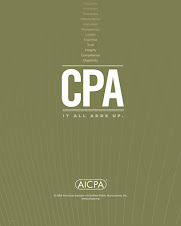Q. The bank wrote off a portion of my home loan. I thought that was a good deal, but now someone told me that it was taxable. I thought if anybody could help me, you could. Please tell me it isn’t so!
A. First and foremost this can be complicated, so make sure you get commitment help to advise you on your particular circumstances. Here are the basic rules:
Normally, debt forgiveness results in taxable income. However, under the Mortgage Forgiveness Debt Relief Act of 2007, you may be able to exclude up to $2 million of debt forgiven on your principal residence.
• Mortgage debt that is partly or entirely forgiven during tax years 2007 through 2012, may allow you to be able to claim special tax relief and exclude the debt forgiven from your income. To qualify, the debt must have been used to buy, build or substantially improve your principal residence and be secured by that residence.
• Refinanced debt proceeds used for the purpose of substantially improving your principal residence also qualify for the exclusion but proceeds of refinanced debt used for other purposes – for example, to pay off credit card debt – do not qualify for the exclusion.
• Debt forgiven on second homes, rental property, business property, credit cards or car loans does not qualify for the tax relief provision however in some cases, however, other tax relief provisions – such as insolvency – may be applicable. IRS Form 982 provides more details about these provisions.
You normally will receive a year-end statement, Form 1099-C, Cancellation of Debt, from your lender. By law, this form must show the amount of debt forgiven and the fair market value of any property foreclosed. Examine the Form 1099-C carefully.
As I said at the beginning, this can be confusing, so make sure you get help with you return.

Thursday, May 26, 2011
Subscribe to:
Post Comments (Atom)


No comments:
Post a Comment